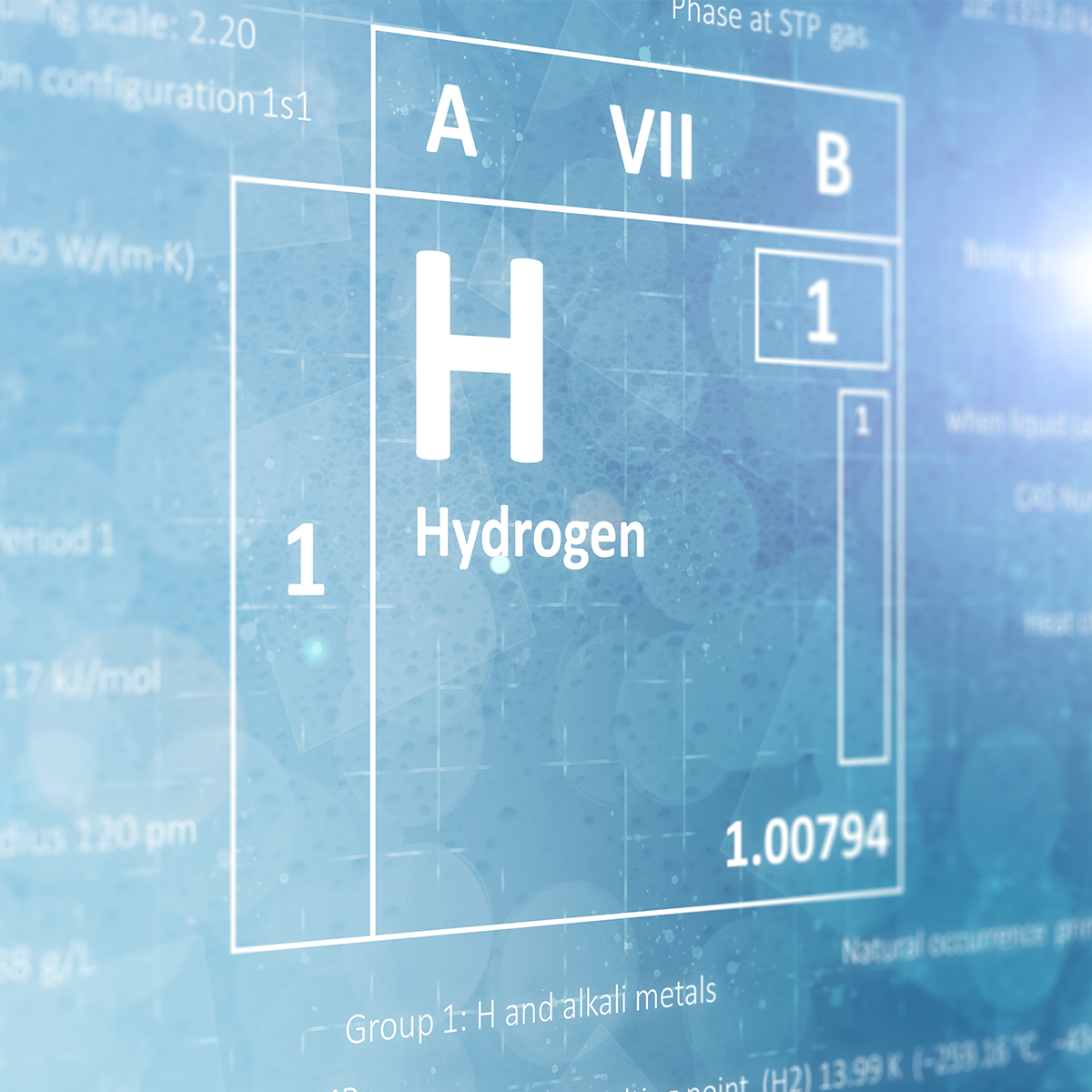
Hydrogen-Powered Technology: The Green Future of Environmental Restoration
Iron Creek’s technology is superior to traditional soil remediation technology for a number of reasons. It’s emergency ready, space efficient and scalable. There’s no waste, meaning one hundred percent of soil and sludge contamination is treated, keeping pollutants out of landfills. The technology treats all organic contaminants, including PFAS, hydrocarbons, explosives and more.

Guidance on PFAS Remediation
There are thousands of different kinds of PFAS. Overall, qualities like moisture-repellence and flame retardant which made them so appealing for commercial use are the same qualities that make them break down slowly and accumulate in the environment. Today, you can find at least small concentrations of PFAS in nearly any place you can imagine– water, air, soil, people, animals, food.
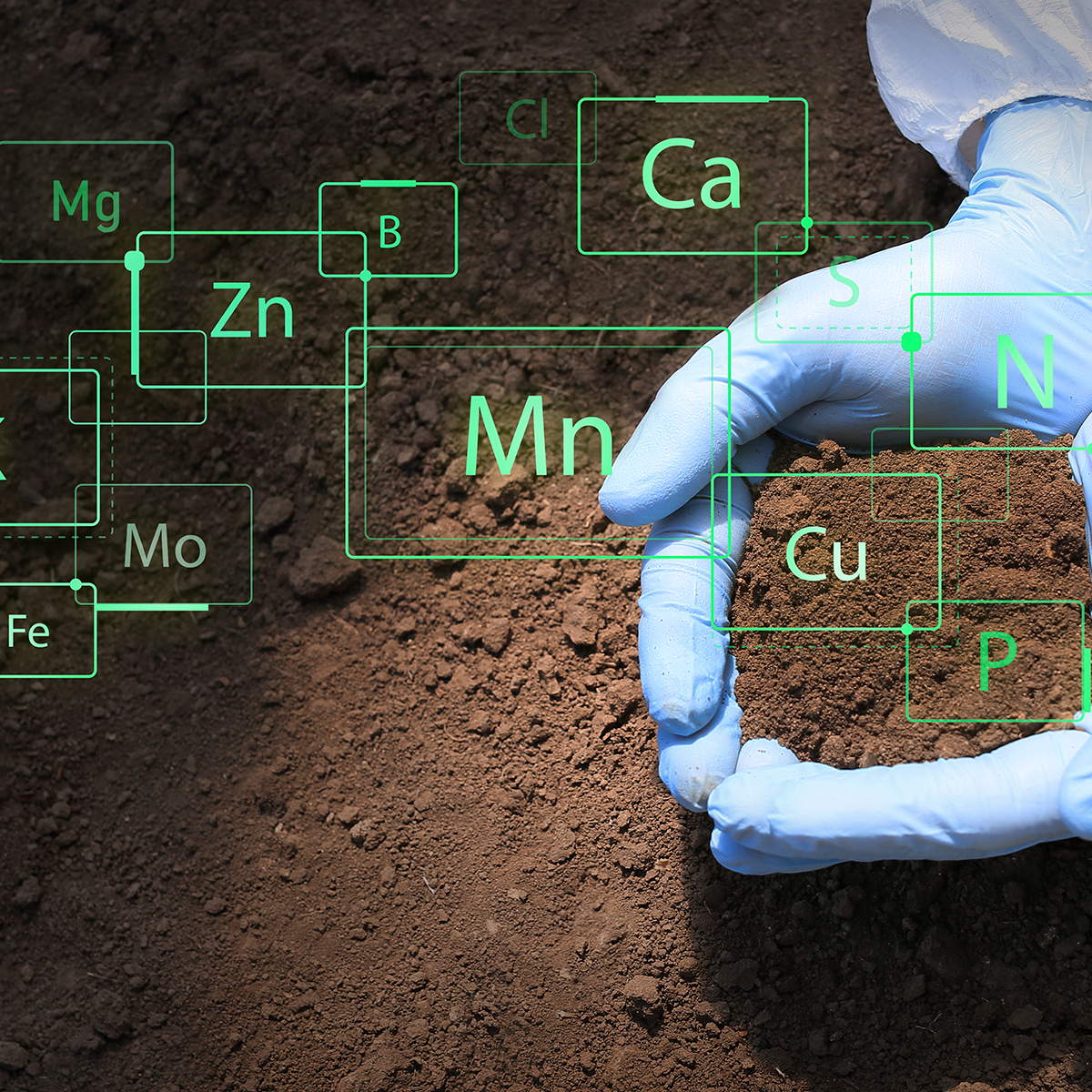
Remediating Soil While Preserving Soil Structure
Pollutants can build up and degrade the soil. This decline in soil quality is extremely problematic, but the risks don’t stop at erosion and crop yields. When toxins sit in the soil, they can permeate groundwater and pollute water tables. As we know, when water sources are affected, the matter becomes dire. One only needs to look to Red Hill in Hawaii, in which residents were sickened and displaced as a result of aging infrastructure that leached fuel into the drinking water.
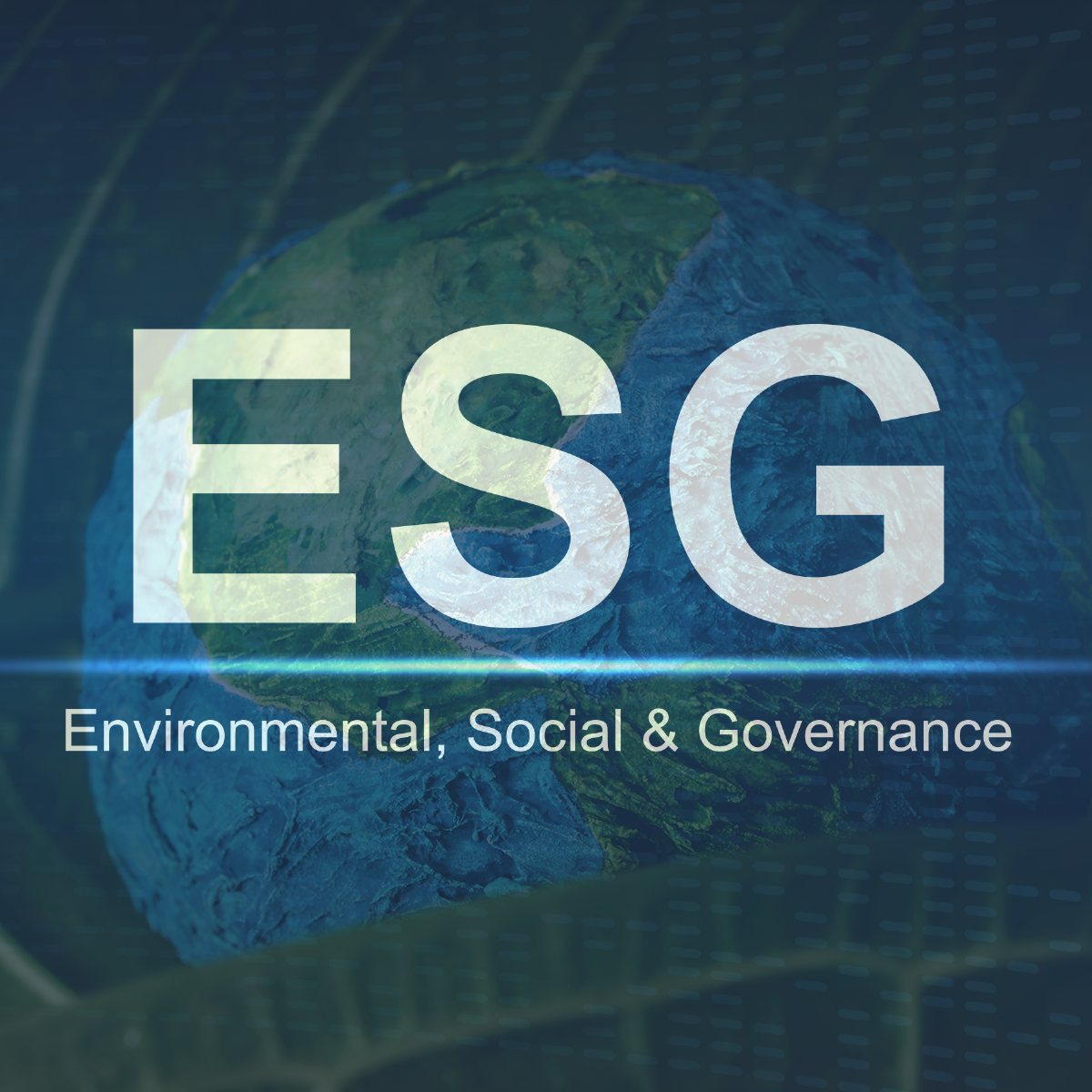
Oil & Gas: A Streamlined Approach to ESG
Change doesn’t have to be painful for refinery operations. It can begin with small steps like implementing modern, climate-conscious technology as part of the refining processes to reduce ESG risk without slowing down operations.
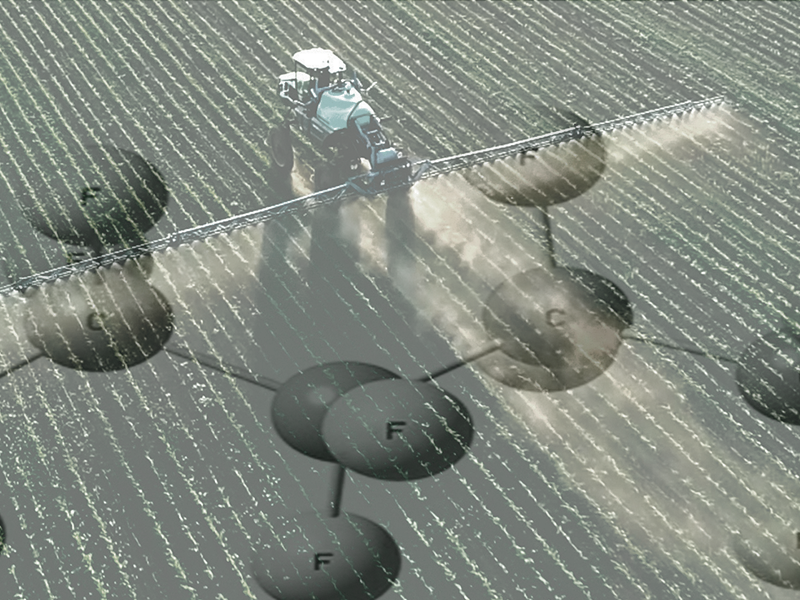
Changing Biosolid Technology to Safely Remove PFAS Chemicals
PFASs are oil and water repellent, fire suppressant, non-stick and stain resistant. Consequently, PFAS chemicals are found in everything from clothing and household items to agriculture, food and food packaging and drinking water. PFASs are even found in breastmilk and 98% of human bloodstreams.
Admittedly, the health risks of PFAS exposure were underreported even though manufacturers conducted studies that found these substances caused thyroid, liver, kidney and spleen problems, immune deficiencies, fertility issues, cancers and more.

Emergency-Ready Technology for PFAS & Hydrocarbon Remediation
Iron Creek Group offers environmental teams next-level remediation technology designed to comply with the most stringent environmental standards around the globe. From oil spills to PFAS contamination, the patented designs of Iron Creek’s emergency ready technologies have minimal emissions and small carbon footprints. They are nimble, scalable and ready to solve complex environmental issues at a moment's notice— even in some of the world’s most remote and challenging environments.

Brownfield Development Will Help the Global Housing Crisis
According to the 2020 report, England has 182,000 brownfield sites — the equivalent of 64,247 acres — that can sustain more than one million new homes. America has an estimated 450,000 brownfields that could be redeveloped to support new housing. The restoration of these sites will improve local property values and help increase the tax base of municipalities. But brownfield redevelopment can be fraught with problems, a deterrent for investors and developers.
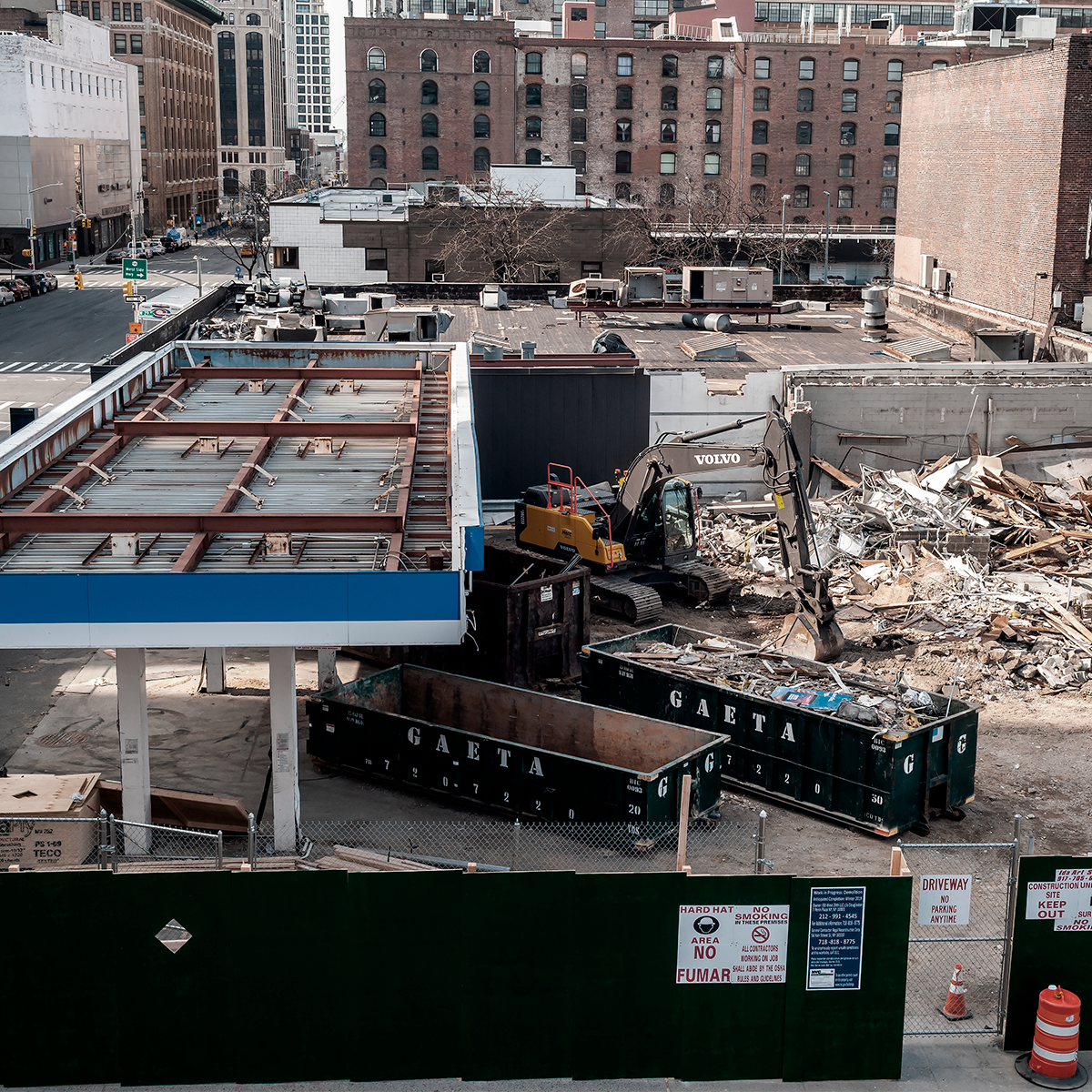
Three Ways To Simplify Brownfield Redevelopment
The redevelopment of brownfield sites can bring additional economic value to towns, and allow for building without taking over previously unoccupied natural lands. But restoring contaminated sites can be difficult, expensive, and even dangerous. There are ways to simplify the process, and it all boils down to the right technology.

Improving the Predictability of Petroleum Brownfield Restoration
Recognizing the economic and environmental importance of brownfield redevelopment, Iron Creek Group has designed patented and proven soil treatment technology that mitigates the risks of land revitalization, adding a layer of predictability to brownfield restoration.

A Practical Way for Refineries to Lower ESG Risk
As refiners move to invest in green technology to offset their carbon footprints, Iron Creek Group’s technology offers a practical, streamlined way for oil and gas companies to modernize their waste-management processes: reducing climate risk, improving health and safety, and reducing the administrative burden of listing waste disposal.
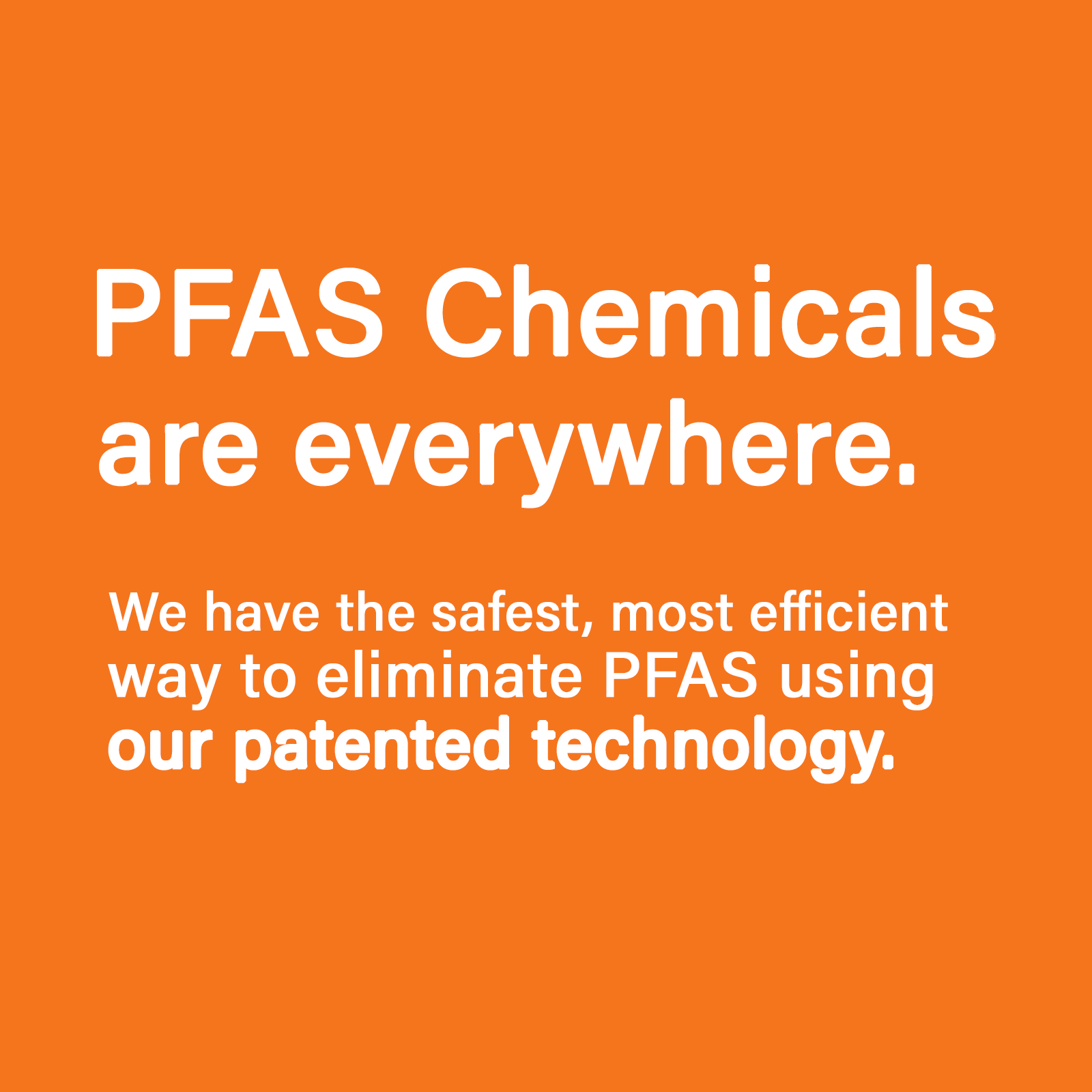
Five Things You Need to Know About PFAS and How to Effectively Treat These Chemicals
Our Zero Oxygen Conduction Technology, also known as Tech Zero, is a sustainable, affordable, and safe solution when it comes to eliminating PFAS. The patented technology is proven to eliminate 99% of PFAS contaminants and can be mobilized for on-site, same-day operation.
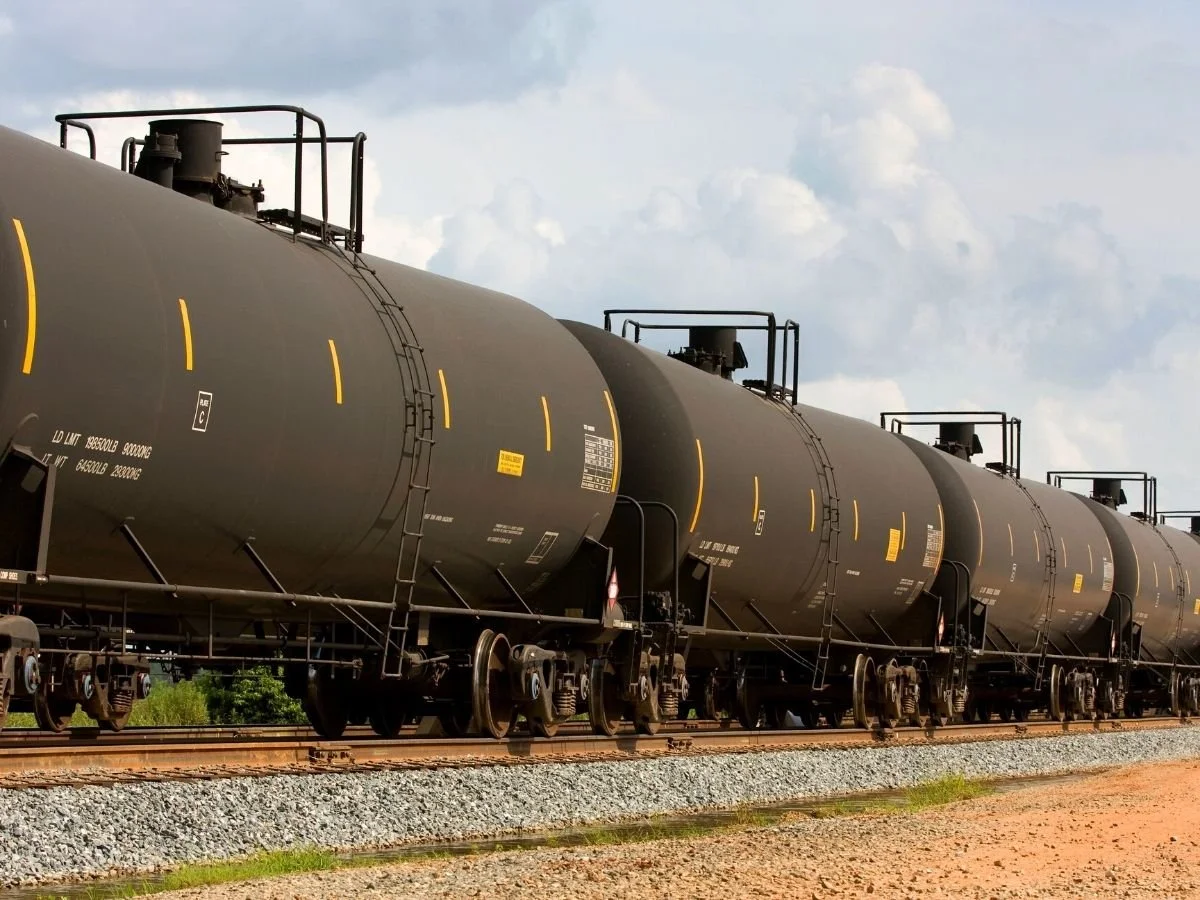
The Emergency-Ready Green Tech for Remediating Oil Spills
When oil spills happen, an immediate response is necessary to mitigate the environmental impact, particularly the risk of contaminants seeping into the soil and groundwater. Iron Creek Group’s patented soil remediation technology is the most advanced and efficient way to restore terrestrial ecosystems in the industry.
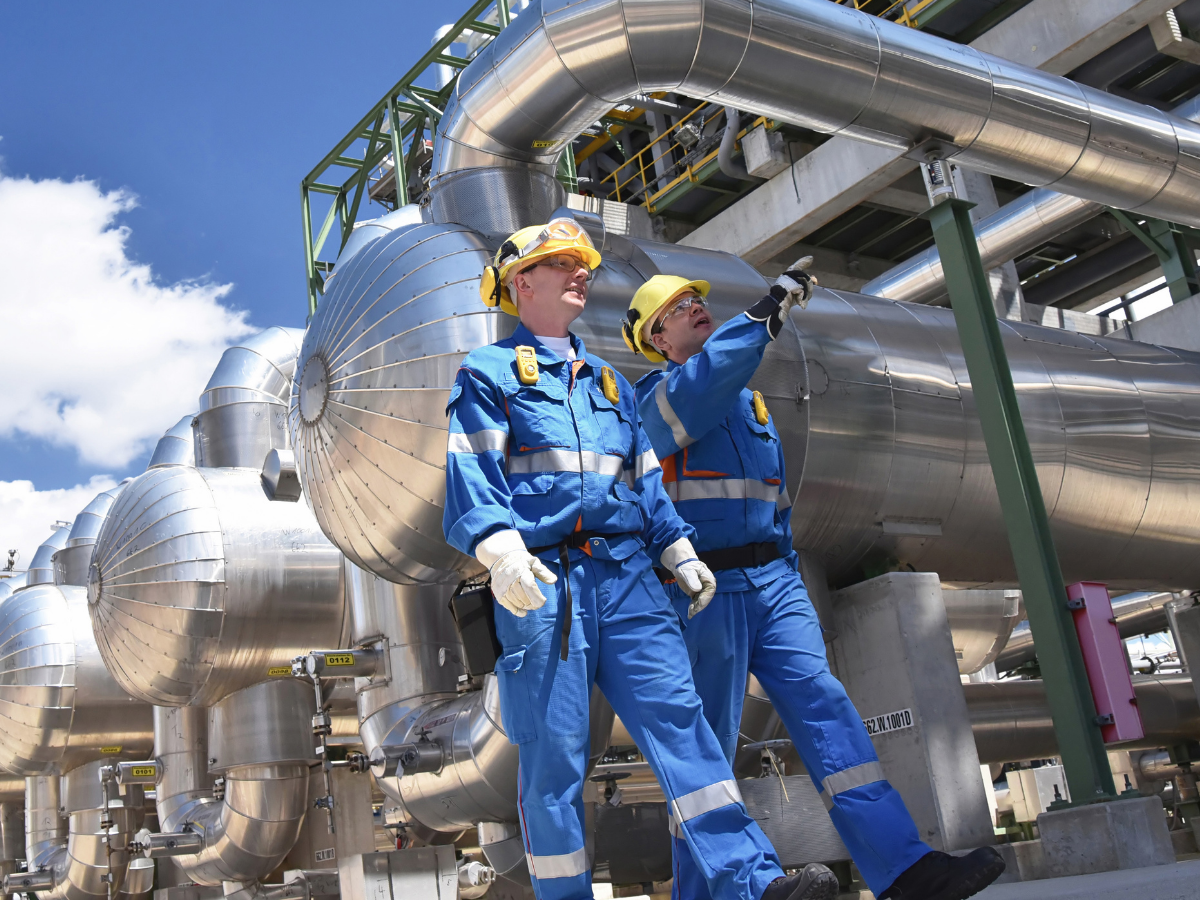
A Green Alternative for Refinery Waste Management
When refineries modernize their tank waste management process, land application and/or landfilling procedures they can reduce the labor-intensive, administrative burden of listing waste. Modern technology recycles usable materials, implements green, environmentally sustainable ways to treat refinery sludge and can even generate a secondary source of revenue for the refinery.
